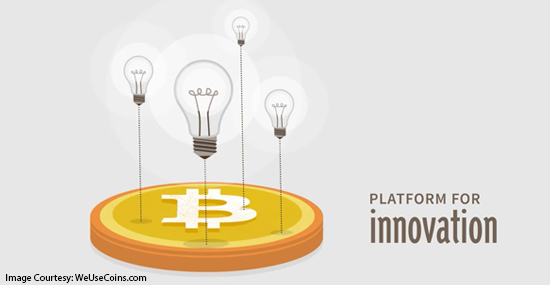
Satashi Nakamoto is sort of the “Deep Throat” of the bitcoin world.
He, she or they is credited for inventing the computing protocol for bitcoin, a digital currency created about seven years ago that’s gained some traction around the world. Nakamoto’s identity is not publicly known. He or she might be a software developer or even a business.
Deep Throat was the pseudonym for an informant who helped reporters with the Washington Post expose the Watergate political scandal in the early 1970s. In 2005, more than 30 years after President Nixon resigned because of the scandal, Deep Throat was identified through his family as Mark Felt, who had been an associate FBI director.
We probably won’t have to wait as many years to learn the identity of Nakamoto. Researchers have already offered several educated guesses based on computer research.
Regardless, the secrecy surrounding the creation of bitcoin is fitting, perhaps, because part of the appeal of the virtual currency is that users can acquire and spend it anonymously. It’s like two strangers making a private transaction with cash. Except bitcoins don’t physically exist. They only exist as electronic transactions.
Bitcoins are purchased through exchanges or from other people, but the ownership of buyers isn’t directly linked to names or addresses. That’s why bitcoins often are associated with shady transactions on the dark web.
There’s nothing fundamentally scandalous about the system, however. Some legitimate businesses accept bitcoin. Some see bitcoin as an important virtual currency. Others think its best days already have passed.
I’ve read quite a bit about bitcoin lately – enough to pick up a rudimentary understanding of how it works. I’m generally aware of some of the obstacles facing the future of bitcoin and other cryptocurrencies. But I lack a good understanding of the reasoning for some past decisions.
For example, the volume of bitcoins that can be circulated was limited from the start to a total of $21 million – a total that has not been reached. Bitcoins are not backed by gold or anything of physical value. I assume the limit helps create and maintain the artificial value of the bitcoins. Someone else will have to explain why the limit was set where it was.
To me, the most fascinating and complex element is how bitcoins are created through an online “mining” process. As I understand the process, prospectors from around the world compete to authenticate past transactions and built the foundation for new transactions. The winners are rewarded with bitcoins and small transaction fees.
The competition is possible because of a noteworthy irony. Although the identity of people involved in transactions might be a secret, the transactions themselves are visible and build upon each other. User confidence is tied to the reliability of statistical data. If information about past transactions was faked, user confidence could disappear and the system could come crashing down.
The system could crash anyway, some authorities warn. The value of bitcoins naturally fluctuates quite a bit over time.
Bitcoin is regulated only by the laws of mathematics and the rules under which it was created. No centralized government regulates it or taxes it. That might be changing, however. Government officials in some countries, including the United States, are starting to talk about the need for regulation. That’s probably a sign that they don’t expect bitcoin to disappear soon.
In the view of Josh Stroschein, an instructor in cybersecurity at Dakota State University, the future of cryptocurrency such as bitcoin remains uncertain.
“I think there are still some question s about how prevalent it will become in the future,” he says.
Bitcoin has gained momentum but mass adoption has not been achieved, he says.
Online purveyors of malware such as ransomware want payment in bitcoin because parties in transactions are difficult to trace, Stroschein says. But for the average consumer, using bitcoin still presents substantial learning obstacles.
Government regulation has not caught up to the use of the technology yet. But governments have legitimate interests in protecting consumers and possibly in raising tax revenue. So Stroschein expects government attention to bitcoin to continue to grow.
A lot more about bitcoin is likely to be said and done.



